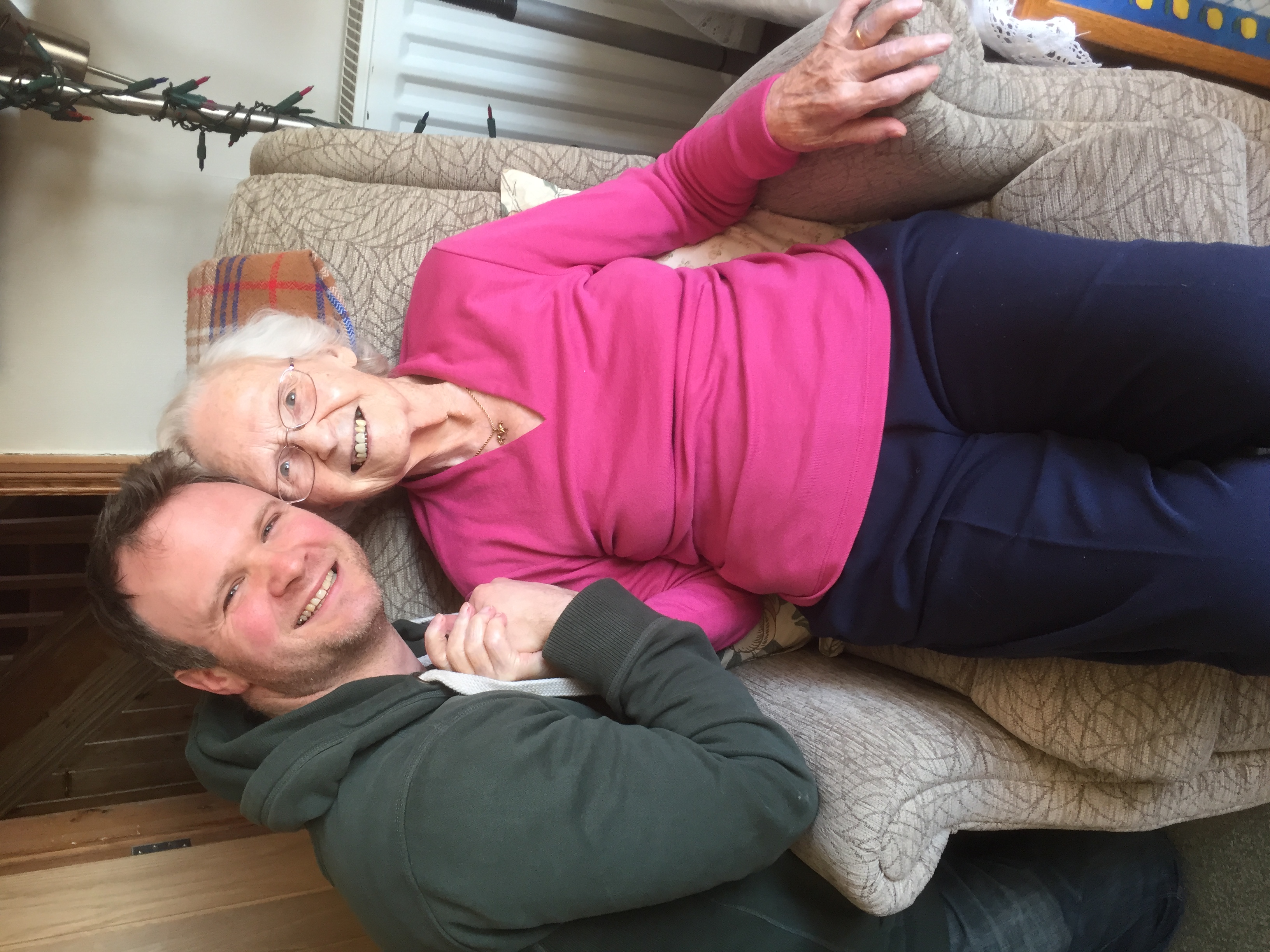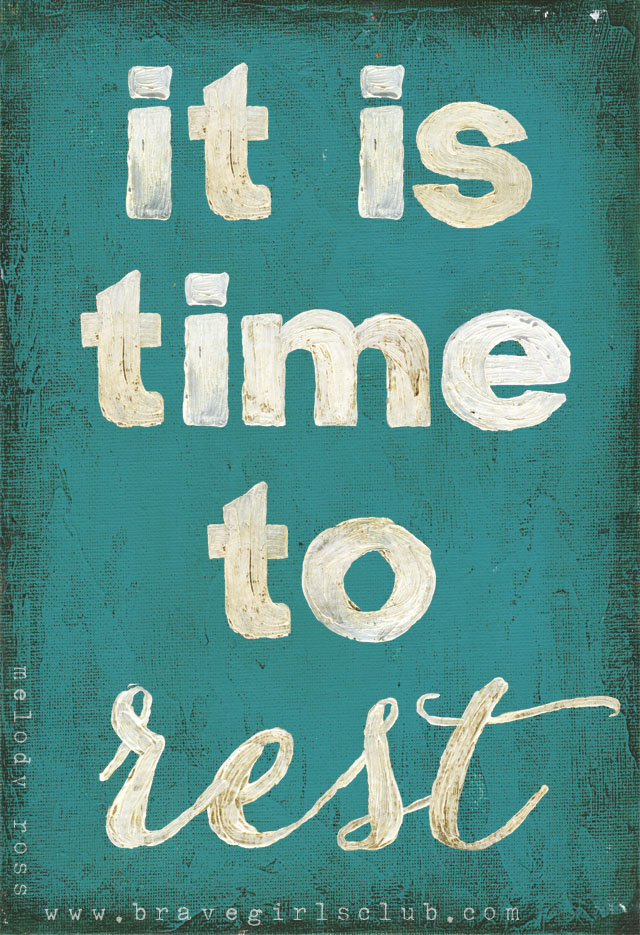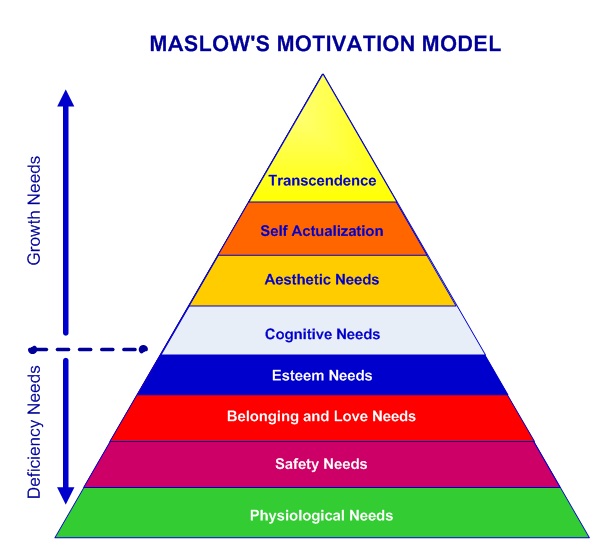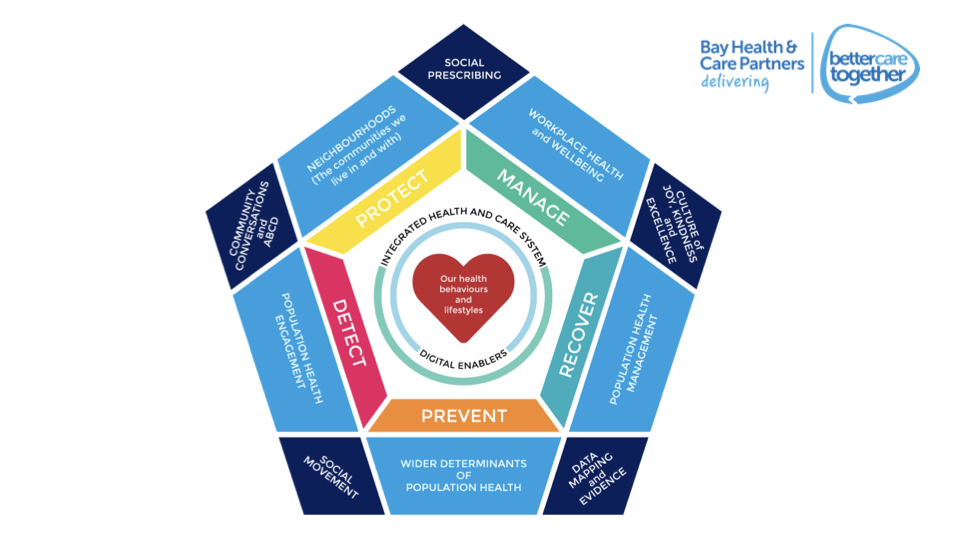The Preston Model of economics has set many heads turning and tongues wagging! If you don’t know the story, it is well worth reading about, as it offers much hope for the future. Alternatively, you can hear Cllr Matthew Brown talking about it here.
If the NHS really took on board what it means to be an anchor institution, as the largest employer in the UK, it could have a seismic effect on the economy, the environment, the health and wellbeing of the people and social justice. It is well within the gift and grasp of the NHS for this to become a reality, both locally and nationally and would involve some basic and fairly straightforward changes (and some more slightly complex ones!) Here is a starter for 10:
1) Pay everyone in the NHS a living wage
2) Reinvest the NHS pension pot, taking it out of global corporations or off shore tax havens and instead putting it into local infrastructure and regeneration schemes
3) Ensure the physical and mental health and wellbeing of all staff, through developing the 5 ways to wellbeing in the work place and leading by example by ensuring healthy food options for patients and staff. This could also include all staff having 1/2 day per month to volunteer with local charities, communities and schools around health and wellbeing initiatives
4) Create positive discrimination to employ people and offer apprenticeships/training opportunities to people from more economically deprived neighbourhoods (as per Oldham) to help generate more economic wellbeing
5) Only procure from local/regional companies, again to improve local investment and ensure these companies also have a good health and wellbeing strategy for their own staff
6) Take responsibility for developing a green strategy
7) Join with other large local employers to develop this wider strategy and economic development plan, e.g around green transport, job creation and supporting worker cooperatives – this needs to include local councils and universities
8) Be part of the new local bank/credit unions being set up so that new banking systems are more accountable
9) Work with local schools which are struggling, and create healthy school partnerships which both secure the wellbeing of future generations and can create a more committed and secure workforce through new training schemes
10) Support the community voluntary and faith sector with both practical resource and infrastructure support through the primary care networks and integrated partnerships
This is by no means an exhaustive list, just a few examples. Imagine, though, what a huge difference it would make if NHS England, every Integrated Care System, each Integrated Care Partnership and every Primary Care Network adopted this kind of plan. We might focus less on the effects of poverty on health and more on what we can do to make a difference to it, because we would be a part of generating wealth and improving health! This takes the NHS into the doughnut and creates an economy of wellbeing – why wouldn’t we do this?! It’s easy to understand and not too hard to implement!






